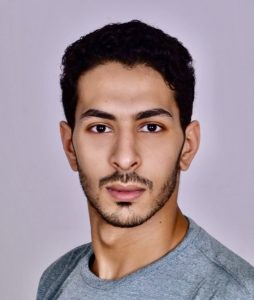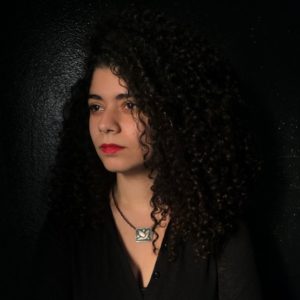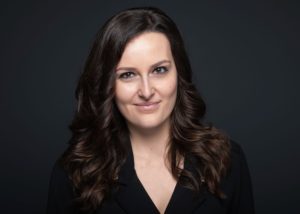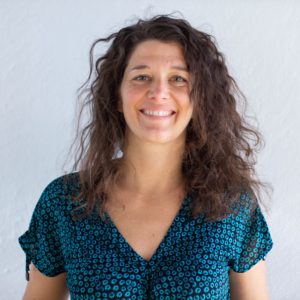Director, choreographer and dancer Ibrahim Abdo holds a bachelor’s degree in philosophy. During his study at the Cairo Contemporary Dance Center, Ibrahim worked with various styles from traditional dances, martial arts, and Sufi whirling to Tahtib, kung-fu, muay thai, and Khatak. He started his own research on the state of flow through movement in different cultures and completed two residency programs at the Alanus University in Germany investigating the concept of flow as understood in Eurythmy studies. In 2015 he participated in a series of meetings and residencies between Egyptian and Italian choreographers resulting in a newly choreographed piece Green Leaves Are Gone.
Ibrahim adamantly believes in self-re-creation. He explores this practice in numerous social development initiatives that involve both professional art makers and members of communities whose lives are not connected to arts professionally. His interests during the residency in the US occupy a broad spectrum – from art practices in Native American communities and sustainability of the US arts organizations to dance practices in underprivileged communities.





